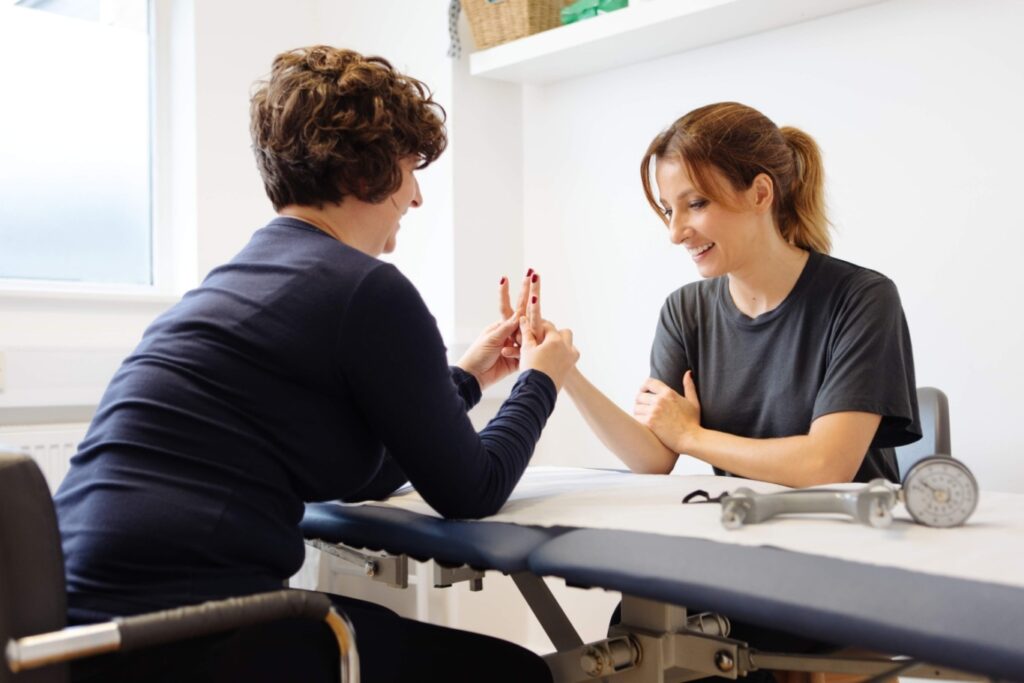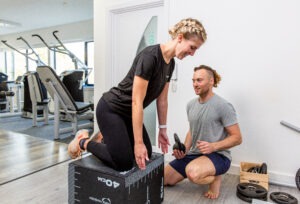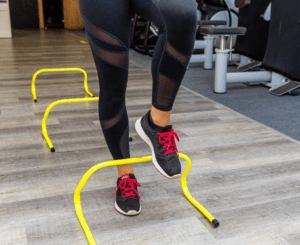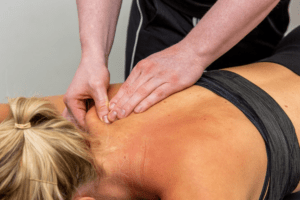We would like to introduce you to Anne Alexander, a fantastically experienced and accredited Hand and Upper Limb Specialist Physiotherapist. Anne, when and why did you specialise in Hand and Upper Limb Physiotherapy?
When I was a student my final placement was in a hand therapy department and I was instantly fascinated by the complexity of a part of the body I had taken for granted. I took a job in the hand therapy outpatient department at the Nuffield Orthopaedic Centre and, following my MSc, a promotion to the hand and plastic surgery department at the John Radcliffe Hospital in 2007. Since then I have become more specialised in the area of hand and arm injuries, particularly with respect to complex multi-pathology injuries to the upper limb and brachial plexus (complex nerve injuries) and their rehabilitation. I am still fascinated by this area of the body and continue to learn about advances in assessment and treatment for both simple and complex problems.
Can you tell us a little bit about who would benefit from being seen by a Hand Therapist and what a session may involve?
If you have a hand, arm or shoulder problem this can impact on your function. You may not notice at first as the body is amazingly adaptable, however at some point it will reach its limits and then the problem really starts. If something is a niggle, or stopping you doing something you enjoy, do come and let us assess you, as together we can hopefully stop a little problem from becoming a bigger problem which might take longer to improve.
When you come to see myself or my team we will complete a verbal assessment where we get an idea about the nature of the problem and the impact it is having on your life and function. We ask more general questions about your health, occupation / daily life and hobbies you may have. We would then complete an objective assessment where we test things like range of movement (looking at how you move as well as how far), power in the movement as well as grip and pinch strength if appropriate. If needed we may look at the nerve function and sensation. We do not try to make things painful but sometimes we may ask you to show us something which could be painful. We ask that you tell us if you are worried about doing something.
Following all this we will hopefully be able to tell you about what the problem is and what we can do to help. Sometimes this isn’t possible and we may need to ask for some investigations or do some more assessment ourselves. At the end of the session you will be given a short programme of something(s) to do at home to start to help the problem yourself. This might be movement exercises, strengthening or advice about activity modification.
We can make splints in the appointment if you need support / protection or advise you about off the shelf splints if required.
It sounds like you can make a fantastic difference to people’s everyday lives?
Our hands are not just a tool to do things, they are so much more than that. They can be used to show you love someone (holding hands), to relax someone who is ill (stroking a child’s forehead), that you are angry, animated or excited. The psychological overlay of a hand or upper limb problem is more pronounced than any other area of the body so helping someone regain this function has wider positive repercussions on the person as a whole. It is extremely rewarding.
If you had any advice for those who may be experiencing hand or wrist pain, what would that be?
Please don’t leave it too long before you seek advice. See your GP or book an appointment with one of our specialist hand therapists who can assess you, advise and treat you, to get you back to your everyday function as quickly as possible.
Recent Stories
- Sciatica
- Menopause & Strength Training
- Staying active helps ease pain and stiffness with arthritis
- Physiotherapy for Rugby
- Open Day – 20th May



